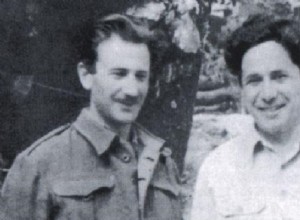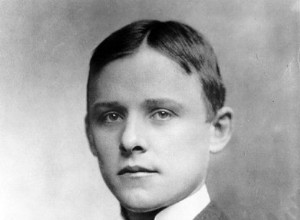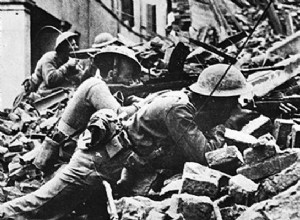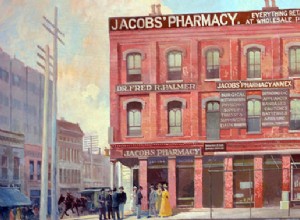On January 31, 1949, the infamous 5th Plenary Session of the KKE released Markos Vafiadis from all party work because he has been seriously ill for many months and cannot respond to the serious tasks assigned to him by the Central Committee of the KKE. In this way, Markos ceased to be prime minis




